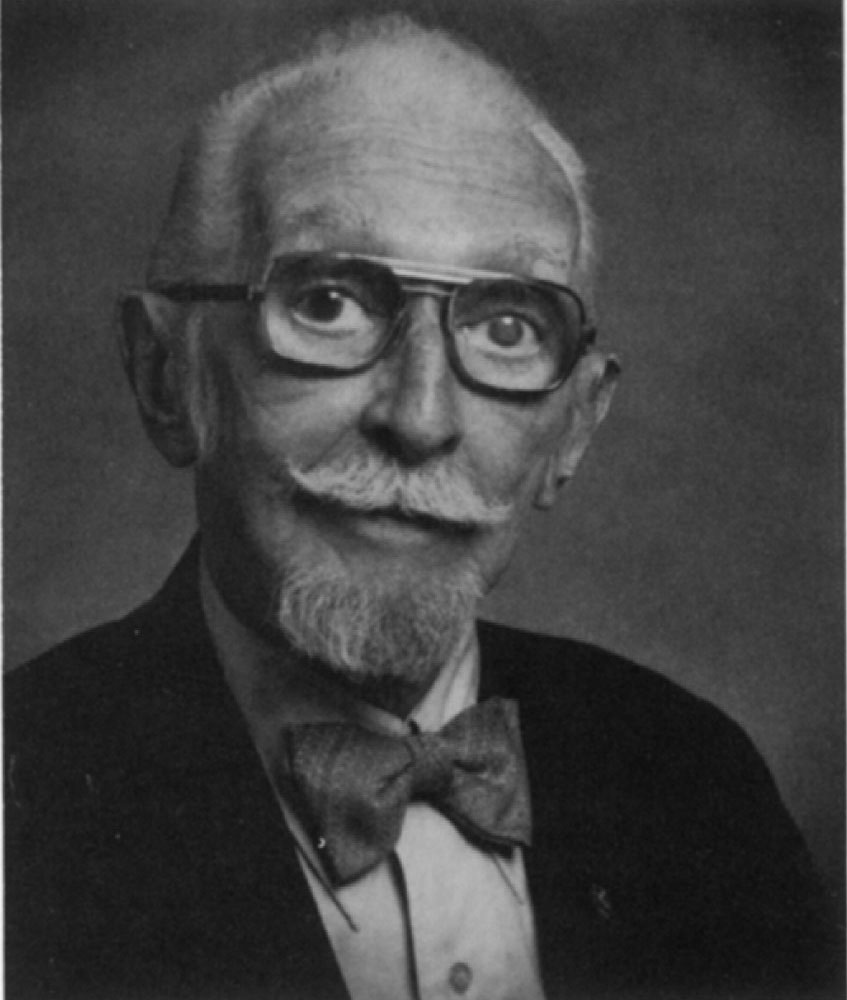In Memoriam: Philip Reichert, MD, FACC, 1897-1985
Philip Reichert, Emeritus Executive Director and Historian of the College, died March 20, 1985.
 Philip Reichert, MD, Emeritus Executive Director and Historian of the College.
Philip Reichert, MD, Emeritus Executive Director and Historian of the College.
|
My friendship with Phil began when we were both young men, starting out in medical practice. Phil had graduated from Cornell University Medical College, New York, in 1923, 2 years before my own graduation from the College of Physicians & Surgeons of Columbia University in 1925. The New York Cardiological Society had just come into existence and Phil became Secretary and Treasurer of this small society. At that time, all who knew Phil recognized his ability. It was this ability, together with his dedication and strength, that eventually enabled the American College of Cardiology to survive during its early years.
I became aware at that time that he had a remarkable knowledge of gadgets. He had helped Franz Groedel with an impressive apparatus to map out the cardiograms of the entire chest wall. These maps mounted on chest X-ray films provided new information about the innervation of and the progression and course of stimuli within the heart muscle. This early collaboration of Reichert and Groedel continued. Franz Groedel eventually became the founder of the American College of Cardiology and Phil its first Secretary and its Director. The College was started on the road to becoming the most important organization devoted to heart disease in the world. It was Phil Reichert's dedication, administrative skills and enthusiasm which led the College in its early years on the path of education of the academic and clinical cardiologists. His contributions to the College continued throughout his life. Most of our members do not know that the Presidential Chain of Office, worn for the first time by George Griffith at the New Orleans meeting in 1963, was designed and made by "gadgeteer-goldsmith" Reichert.
In 1966 in Chicago, Phil was presented with a jeweled key and named the first "Distinguished Fellow" of the College, to be remembered for all time. At the presentation, I had the honor of reviewing the part that Phil had played in the founding and development of the College. It was only natural that Phil should become the first Historian of the College.
Philip Reichert's early life is of great interest. He was born in Yorkville, the well known German colony in New York City. His father had been a lieutenant in the Kaiser's army. Phil attributed his disciplined life to that fact. His uncle, a retired watchmaker, initiated him into the intricacies of fine mechanics and made him a famous gadgeteer. Phil's love of his country was evident, a flag of the United States always behind his desk, and he served in both world wars. In World War I he was a sergeant, and because he had been in the Army Reserve, in World War II he was a major. During this time he worked on the new drug, penicillin.
Phil's interest in gadgets led to the Reichert Collection in Diagnostic Instruments, now at Cornell University Medical College and probably one of the finest collections of its kind in the world. My own personal contribution was to give Phil a polygraph machine for his collection and to publish with him a paper entitled "Sir James MacKenzie and his Polygraph" in the Journal of the American College of Cardiology.
Phil and I were both interested in the psychosomatic aspects of heart disease and together we published three papers entitled' 'The Psychological Impact of the Coronary Care Unit," "The Interrelationship between Anxiety and the Arrhythmias" and "Emotion and Heart Failure," all of which appeared in the journal, Psychomatics. During the preparation of these papers, I saw what a fine knowledge he had of the specialty of psychiatry. Phil had a devoted wife and companion, Helen Faith Keane, who helped him in every aspect of his long life. My own personal recollection of Philip Reichert was that of a quiet man of great intellect, a man of strength of character, who was willing to fight for the things in which he believed. These qualities were demonstrated by his love of his country and the survival and growth of the American College of Cardiology to its place today.
Originally published in the Volume 6, Issue 1, July 1985 edition of JACC.
Bishop L. Philip Reichert, MD, FACC, 1897–1985. J Am Coll Cardiol. 1985;6(1):264-265. doi:10.1016/S0735-1097(85)80293-X.
< Back to Listings
